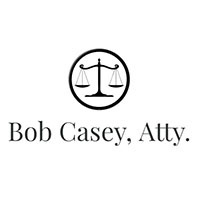Saint Helens Wills & Probate Lawyer, Oregon
Sponsored Law Firm
-
 x
x

Click For More Info:
-
Law Office of Timothy J. Doherty
10 Crater Lake Ave Medford, OR 97504» view mapEstate Law Experience You Can Trust
The topic of wills and trusts can be confusing, but my job is to help you decide what’s right for you. Call me to set up a free consultation.
800-878-0640
Includes: Estate Administration, Living Wills, Wills
Bob Casey
✓ VERIFIEDEstate, Wills & Probate, Corporate, Guardianships & Conservatorships, Business Organization
Bob Casey is a practicing attorney in the state of Oregon. He graduated from Seattle University School of Law in 1991 with his J.D.
Bonnie M. Popia
Business Organization, Wills & Probate, Elder Law, Estate Planning
Status: In Good Standing
Toby Borst
Business Organization, Franchising, Banking & Finance, Wills & Probate
Status: In Good Standing
Stephen J. Bedor
Wills & Probate, Family Law, Civil Rights, Banking & Finance
Status: In Good Standing
FREE CONSULTATION
CONTACTChris Burnett
Divorce & Family Law, Estate, Wills & Probate, Guardianships & Conservatorships
Status: In Good Standing Licensed: 25 Years
 Timothy J. Doherty Medford, OR
Timothy J. Doherty Medford, OR Practice AreasExpertise
Practice AreasExpertise

